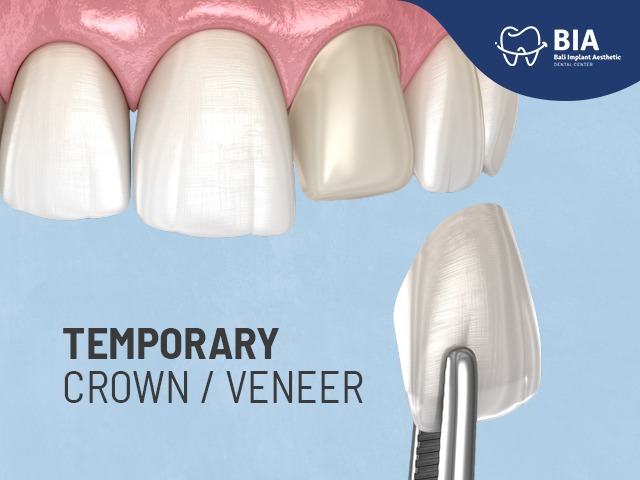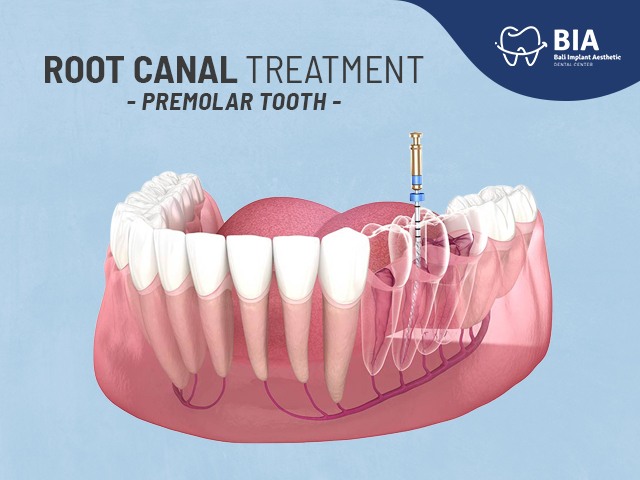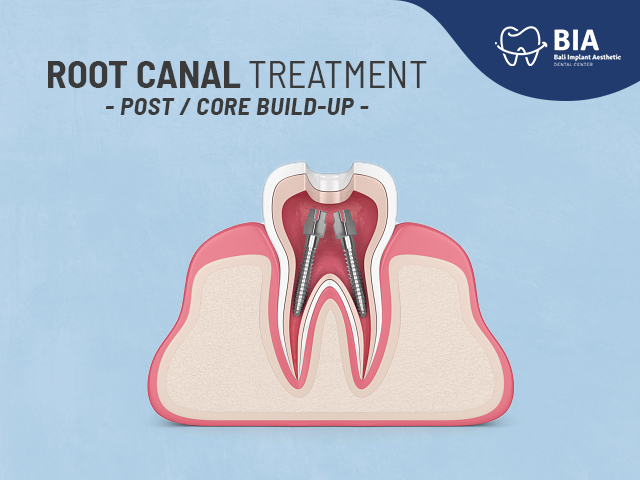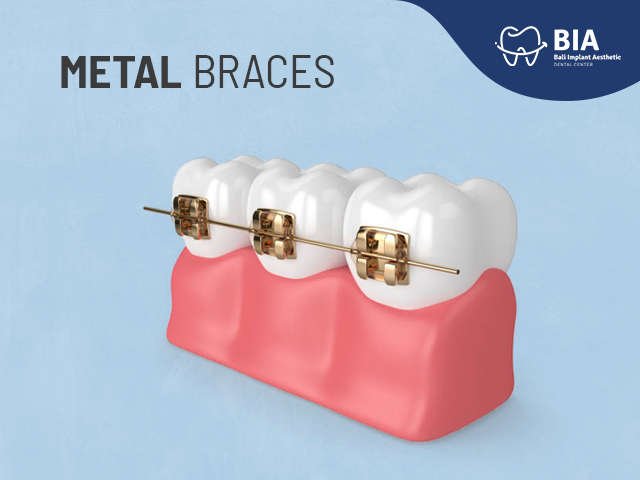What to Do if You Have Positive or Suspected With Coronavirus Disease (COVID-19)?
Article | 2020-03-20 01:49:11
Home » Articles » What to Do if You Have Positive or Suspected With Coronavirus Disease (COVID-19)?
What to Do if You Have Positive or Suspected With Coronavirus Disease
(COVID-19)?
If you are sick and have been diagnosed with COVID-19 or suspected to have COVID-19 because you have been exposed to someone with COVID-19, follow the steps below to help prevent the disease from spreading to people in your home and community.
Symptoms of COVID-19
The most common symptoms of COVID-19 are fever, cough and shortness of breath. If you have been exposed to someone with laboratory confirmed COVID-19 and are experiencing fever with either cough or shortness of breath, you might have COVID-19. You can contact your doctor to see if you need to be tested. If you have tested positive for COVID-19 or are suspected to have COVID-19 but are not tested, you should follow the below instructions.
Stay home except to get medical care
The virus that causes COVID-19 is spreading from person-to-person. Someone who is actively sick with COVID-19 can spread the illness to others. That is why we recommends that these patients be isolated either in the hospital or at home (depending on how sick they are) until they are better and no longer pose a risk of infecting others. You should restrict activities outside your home, except for getting medical care. Do not go to work, school, or public areas. Avoid using public transportation, ride-sharing, or taxis.
Separate yourself from other people and animals in your home
People: As much as possible, you should stay in a specific room and away from other people in your home. Also, you should use a separate bathroom, if available.
Animals: You should restrict contact with pets and other animals while you are sick with COVID-19, just like you would around other people. Although there have not been reports of pets or other animals becoming sick with COVID-19, it is still recommended that people sick with COVID-19 limit contact with animals until more information is known about the virus. When possible, have another member of your household care for your animals while you are sick. If you are sick with COVID-19, avoid contact with your pet, including petting, snuggling, being kissed or licked, and sharing food. If you must care for your pet or be around animals while you are sick, wash your hands before and after you interact with pets and wear a facemask.
Call ahead before visiting your doctor
If you have a medical appointment, call the healthcare provider and tell them that you have or may have COVID-19. This will help the health service to carry out procedures for controlling the spread of the disease.
Wear a facemask
You should wear a facemask when you are around other people (e.g., sharing a room or vehicle) or pets and before you enter a healthcare provider’s office. If you are not able to wear a facemask (for example, because it causes trouble breathing), then people who live with you should not be in the same room with you, or they should wear a facemask if they enter your room.
Cover your coughs and sneezes
Cover your mouth and nose with a tissue when you cough or sneeze. Throw used tissues in a lined trash can; immediately wash your hands with soap and water for at least 20 seconds or clean your hands with an alcohol-based hand sanitizer that contains at least 60 to 95% alcohol, covering all surfaces of your hands and rubbing them together until they feel dry. Soap and water is preferred if hands are visibly dirty.
Avoid sharing personal household items
You should not share dishes, drinking glasses, cups, eating utensils, towels, or bedding with other people or pets in your home. After using these items, they should be washed thoroughly with soap and water.
Clean your hands often
Wash your hands often with soap and water for at least 20 seconds. If soap and water are not available, clean your hands with an alcohol-based hand sanitizer that contains at least 60% alcohol, covering all surfaces of your hands and rubbing them together until they feel dry. Soap and water is preferred if hands are visibly dirty. Avoid touching your eyes, nose, and mouth with unwashed hands.
Clean all “high-touch” surfaces every day
High touch surfaces include counters, tabletops, doorknobs, bathroom fixtures, toilets, phones, keyboards, tablets, and bedside tables. Also, clean any surfaces that may have blood, stool, or body fluids on them. Use a household cleaning spray or wipe, according to the label instructions. Labels contain instructions for safe and effective use of the cleaning product including precautions you should take when applying the product, such as wearing gloves and making sure you have good ventilation during use of the product.
Monitor your symptoms
Seek prompt medical attention if your illness is worsening (e.g., difficulty breathing). Before seeking care, call your healthcare provider and tell them that you have, or are being evaluated for, COVID-19. Put on a facemask before you enter the facility. These steps will help the healthcare provider’s office to keep other people in the office or waiting room from getting infected or exposed.
Discontinuing home isolation
If you have tested positive for COVID-19, you should remain under home isolation precautions for 7 days OR until 72 hours after fever is gone and symptoms get better, whichever is longer. If you have fever with cough or shortness of breath but have not been exposed to someone with COVID-19 and have not tested positive for COVID-19, you should stay home away from others until 72 hours after the fever is gone and symptoms get better.
Source:
https://www.cdc.gov/
https://www.doh.wa.gov




